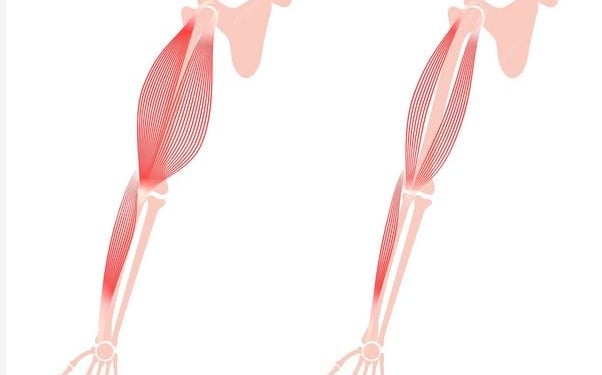Muscular Dystrophy: Causes, Symptoms, and Treatment
Learn about muscular dystrophy, including its causes, symptoms, and treatment options. Stay informed to manage and support those affected by muscular dystrophy.


Muscular dystrophy is a group of genetic disorders characterized by progressive muscle weakness and degeneration. It is caused by mutations in genes responsible for the production of proteins necessary for the structure and function of muscles. This leads to the gradual breakdown of muscle fibers and the eventual loss of muscle strength and mobility.
Causes of Muscular Dystrophy
Muscular dystrophy is primarily caused by genetic mutations that interfere with the production of proteins involved in muscle structure and function. These mutations can be inherited from one or both parents or can occur spontaneously. There are several types of muscular dystrophy, each with its own specific genetic cause.
Symptoms of Muscular Dystrophy
The symptoms of muscular dystrophy can vary depending on the specific type and severity of the condition. However, common symptoms include:
Progressive muscle weakness
Loss of muscle mass
Difficulty walking or running
Trouble with motor skills
Delayed development of muscle milestones in children
Contractures (joint stiffness)
Respiratory difficulties
In some cases, muscular dystrophy can also affect the heart and other organs, leading to additional complications.
Treatment of Muscular Dystrophy
While there is currently no cure for muscular dystrophy, there are treatments available to help manage the symptoms and improve quality of life for those affected. These may include:
Physical therapy: Exercises and stretches can help maintain muscle strength and flexibility.
Occupational therapy: Techniques and aids are used to assist with daily activities and promote independence.
Assistive devices: Mobility aids such as wheelchairs, braces, and walkers can help with mobility and support.
Respiratory care: Breathing exercises, cough assist devices, and ventilator support may be necessary to manage respiratory complications.
Medications: Some medications may help with symptom management and slow down the progression of certain types of muscular dystrophy.
Genetic counseling: For individuals with a family history of muscular dystrophy, genetic counseling can provide information about the risk of passing on the condition to future generations.
It is important for individuals with muscular dystrophy to have a multidisciplinary team of healthcare professionals to provide comprehensive care and support. This may include neurologists, physical therapists, occupational therapists, respiratory therapists, and social workers.
Research into potential treatments and therapies for muscular dystrophy is ongoing, with the aim of finding ways to slow down the progression of the disease and improve the quality of life for those affected.
In conclusion, muscular dystrophy is a genetic disorder that causes progressive muscle weakness and degeneration. While there is no cure, various treatments and therapies are available to manage symptoms and improve quality of life. Ongoing research offers hope for future advancements in the understanding and treatment of this condition.
